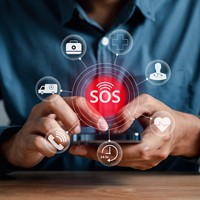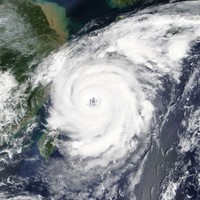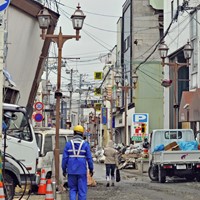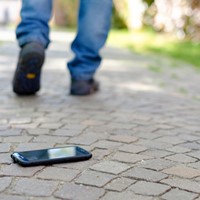Disaster Preparedness: Emergency Bags in Japan
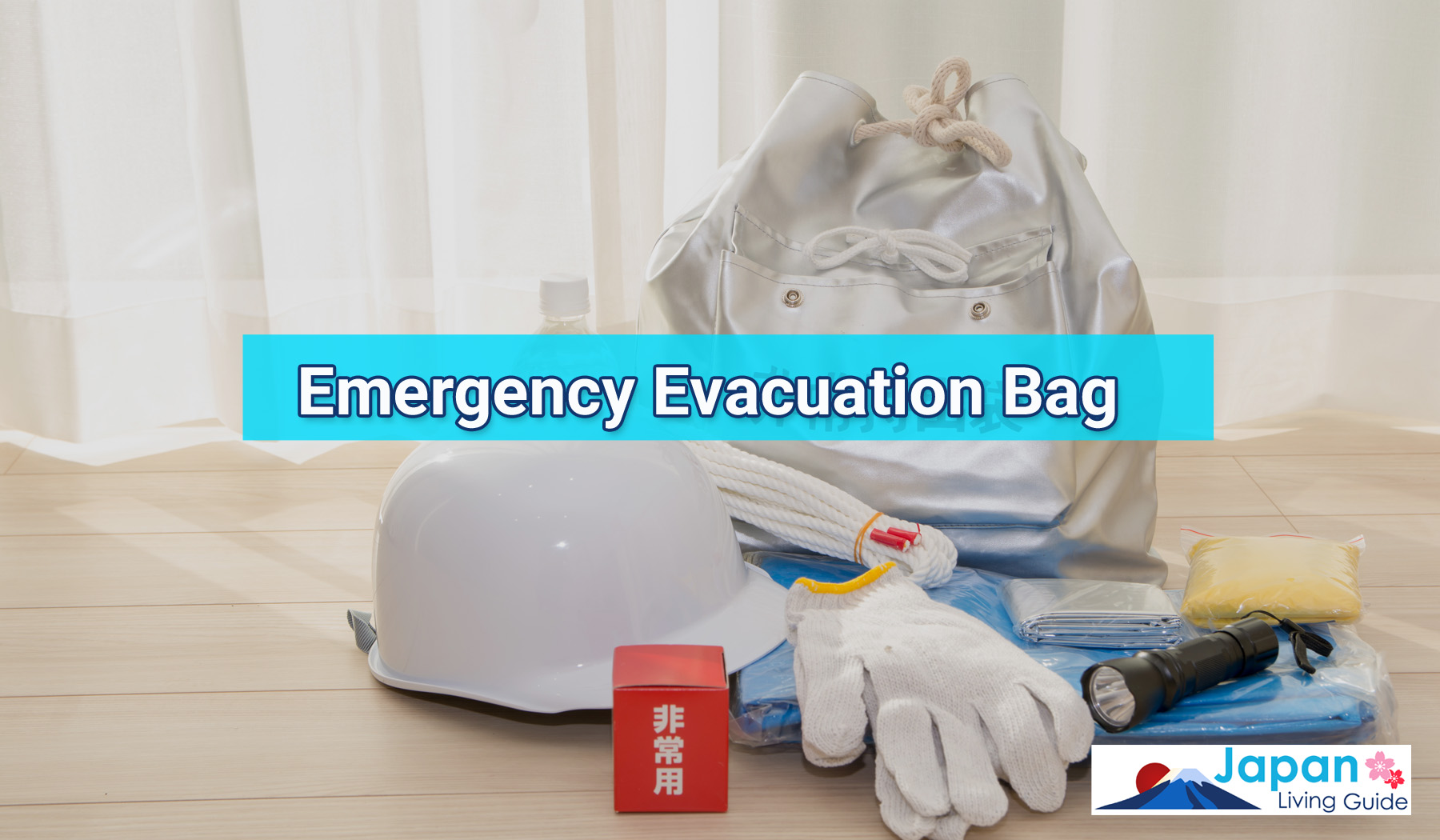
This page contains affiliate links.
Being ready in case of an emergency evacuation
In the event of an emergency evacuation in Japan due to an earthquake, fire, tsunami, or lifeline interruption, it is essential to have an evacuation bag ready. What goods would you or your family require to survive while you wait to be rescued or for food supplies to arrive if your home becomes uninhabitable? We will give you some general packing tips in this brief tutorial so you can be prepared.
Disaster Preparedness: Stockpiling and Emergency Food in Japan >>
Backpacks
The first item you will need for your kit is a backpack. We recommend one that is not only light but also waterproof and has a lot of pockets to help you manage your gear. Multi compartment bags, like the one illustrated below, are useful for keeping your materials organized. A hiking backpack may be a better option for people with more supplies.
It is suggested that you pack the heavier goods near the backpack's rear (the part closest to you when you are wearing it). This will make carrying the backpack easier and less taxing on your body.
Clothing
Pack enough clothing for at least one complete change — including a pair of socks, underwear, a shirt, and a pair of pants.
Food
Pack dry food with a long shelf life such as instant ramen, dehydrated food, canned foods, or snacks (that also have a long shelf life). If the aforementioned items prove to be too bulky and difficult to carry, an alternative would be energy bars such as Calorie Mate (easy to find at stores) or possibly Datrex Food Bars (used by the military for survival situations.)
Please read Disaster Preparedness: Stockpiling and Emergency Food in Japan for more details.
Water
Water is one of the most vital items on this list out of all of the others. In an emergency survival situation, it is frequently stated that locating fresh drinking water comes first. It is advised that you have at least 1 gallon of drinking water per person in your emergency kit. Due to the amount of room required, you may need more than one bag if you are preparing for more than one person.
Foldable water bags can be also very handy
Communication devices
Mobile phones, radios, or other devices for receiving disaster information and establishing emergency communication. Do not forget to have backup batteries and chargers.
Some chargers can store electricity from sunlight with a solar panel or from USB power to the unit. Some types can be also used to store energy in the battery itself by hand-cranking. As solar charging takes time, it is recommended that the mobile battery is always charged in advance.
Radios that can be recharged by hand cranking. You can also charge mobiles and use a flashlight.
Portable generators
These are portable generators. They requires gasoline for operation. In Japan, you will need to have the gasoline filled by an attendant at a gas station. Therefore, either bring the portable generator with you or bring a dedicated gasoline container.
Tools
It's possible that you won't need any tools, but it's always better to be prepared. A multitool (Swiss army knife/leatherman), work gloves, a lighter, a roll of duct tape, a rope, hammer, plier, and a flashlight are the bare minimum tools recommended. A whistle is another essential tool that can be used to inform people of your whereabouts or to draw attention to yourself if you are injured and unable to move.
First Aid kits
A First Aid Kit is as as important as, if not more important than, the rest of the items on this packing list. While buying one of the pre-made kits available online is easier, you can make your own. Band-Aids, disinfectant, over-the-counter drugs (aspirin/ibuprofen, anti-fungal cream, cough medicine), masks, and prescription medicine are all required for the most basic First Aid Kit.
Sanitation
Nature will call, and it is best to be ready when it does. In a tense scenario, having toilet paper, tissues and garbage bags on hand will make your life easier. Purchasing a portable toilet is an alternative to packing a garbage bag. It's a good idea to remove the toilet paper's cardboard center so you can compress it. Another option is to store the toilet paper in a water-resistant container to keep it from getting wet.
If there is no water available, having antibacterial wet tissues and hand sanitizers will make washing hands a little simpler. portable compressed towels do not take up much room if you prepare them ahead of time. If you do need to wash your hair, waterless shampoo is also recommended. Tooth brushes and feminine hygiene products are also good to be prepared.
Waterless Shampoo
Portable towels
Emergency Kits
Disaster prevention bags (emergency kits) are extremely useful as everything you will need in the event of a disaster is compactly pack into one bag. Emergency kits come in a wide range of shapes and sizes (ex, for 1 person, 2 persons, children, female etc.). Please select one(s) that best suits you and your family.
Face Masks
It's also a good idea to keep some masks on hand in case of an emergency. If you have hay fever, you may require a mask to protect yourself from getting sick from others or to help you endure seasons when there is a lot of pollen in the air.
Goods to protect against cold, heat and sleeping bags
Sleeping bags, lightweight blankets and a tent are also good to have. For winter, pocket warmers will be useful to protect you against cold, and cooling towels will protect you from the heat in summer.
Documents and Money
It is strongly advised that you make photocopies of all of your crucial documents (passport, residence card, my number, insurance documents, proof of residence.. ect.). These documents should be kept in a ziplock bag or suitable water-resistant container.
During an emergency, you are quite likely to be unable to access your accounts at an ATM or other place. It is also strongly advised that you keep emergency funds on hand. The amount required varies widely depending on the individual, however somewhere between ¥10,000 and ¥50,000 should be enough.
Other things to consider
If you take any regular medications, be sure to include a few days’ supply in your emergency bag. Also consider adding a copy of your prescription and any necessary medical information.
If you have a dog (or dogs), bring some food, a couple of toys, and a leash.
If you are traveling with children, bring some toys and books to keep them occupied and quiet during a difficult situation.
If you wear glasses, consider bringing an extra pair in case of an emergency.
Take a book with you to read and take your mind off the uncomfortable circumstances.
Bring some card games, puzzles, or other forms of entertainment to help relieve boredom during long periods of waiting or evacuation.








































